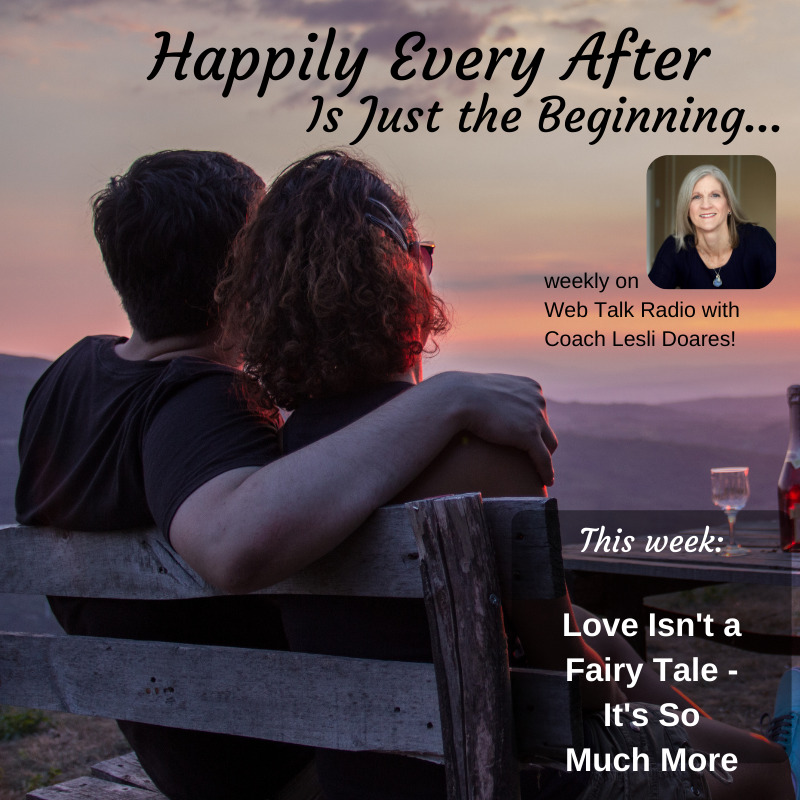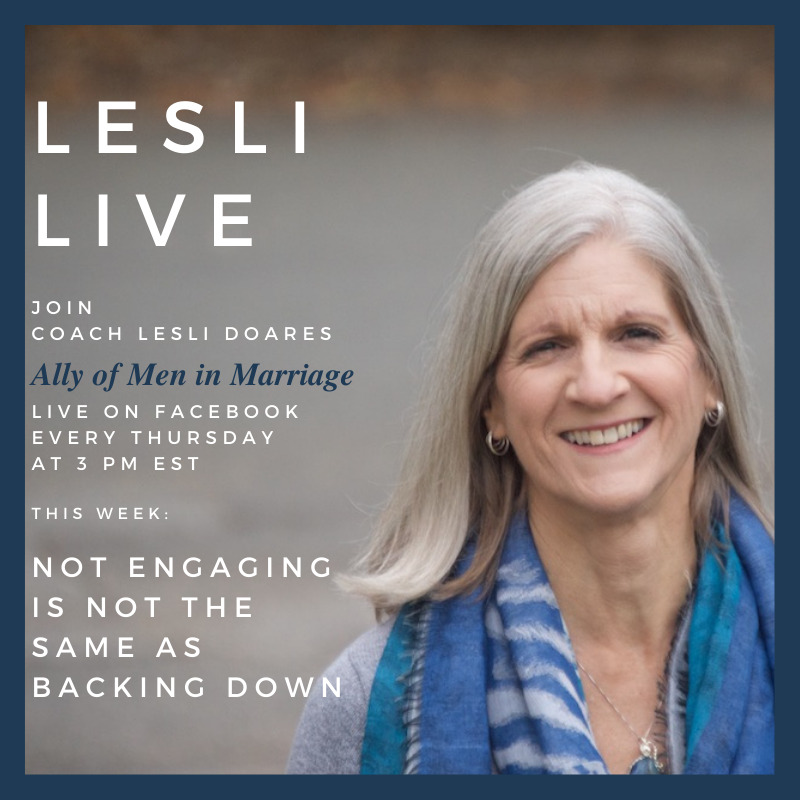Have you ever found yourself feeling unfairly attacked and feel like you “have” to defend yourself? That you need to go toe to toe with someone and then try to justify your behavior when it doesn’t go the way you planned? Maybe it’s happened in your marriage, in your family, at work. And instead of coming out on top, you get blamed instead.
Last week I was talking to my client Jeff (not his real name) about a verbal altercation he got into with a co-worker. The co-worker had accused him of taking something. Jeff denied it. Then things got heated. To the point there was chest bumping. To the point that people were coming out of their offices to see what was going on.
When I pointed out how unproductive his actions had been, Jeff said, “I had to. I had no other choice.”
I respectfully disagreed with him. You always have a choice.
Yes, his co-worker was in the wrong. But so was Jeff.
And, because he acted the way he did, Jeff also damaged his reputation at work. He was seen as a hot head.
Even after trying to explain how things got started, no one was interested. He was seen as equally to blame.
article continues below
An Attitude of Gratitude Leads to a Happier Marriage
"When I started counting my blessings, my whole life turned around." Willie Nelson Scientists have been studying the link between gratitude and happiness for several years. They’re finding that people who consistently practice gratitude experience these benefits:...
How Your Wife is Wired for Intimacy
"Real connection and intimacy is like a meal, not a sugar fix." Kristin Armstrong It’s fairly common for you to act like everyone else experiences the world the same way you do. After all, you’d never get anything done if you were distracted by all the ways someone...
Are You Reaping What You Sow in Your Intimacy?
"You’re frustrated because you keep waiting for the blooming of flowers of which you have yet to sow the seeds.” Steve Maraboli True intimacy (and even good sex) is not spontaneous. It makes me think of farmers. They don’t just go out and harvest their crops. They...
It’s a situation I’m really familiar with. For most of my childhood, one of my sisters would poke, poke, poke at me until I exploded. That’s when my mother would show up. And I would be the one in trouble.
And it didn’t end in childhood.
It also happened when I was early in my pregnancy with my son. We were at a family vacation, and I was being grilled over having a cup of coffee that was half milk. She kept at me about it until I finally told her where she could go. From the way I was treated, you would have thought I had shot her. She suffered no negative consequences.
I had all kinds of excuses. I was pregnant. I was exhausted. I had spent the previous day in bed with a migraine. I was minding my own business eating breakfast. I had asked nicely for her to stop.
The one thing I didn’t do was remove myself from the situation. And all hell broke loose.
I gave in to old behaviors, reacted poorly, and no one was interested in why.
The truth? No matter what my sister said or did, I was responsible for how I handled things. So was my client Jeff. And so are you.
Even if you’re provoked—especially if you’re provoked—you always have a choice in how you respond. And that’s the key. Responding, not reacting.
Taking the high road and choosing to de-escalate, walk away, or even just remain silent is always the better way to go when confronted by someone who is upset.
Not engaging is not giving in. Or backing down. It’s actually a sign that you are in control of yourself. That also means you control the situation.
You can stand up for yourself. But, like most things, the devil is in the details. How you do it is incredibly important. If you do it the way you’ve always done it, you’ll get the same results.
That’s why “I had to” is so problematic. It’s not true. And, it almost always makes the situation worse.
If you would like to know how to remain calm while handling stressful situations, schedule a time to talk with me.
Around the Web This Week

Love Isn’t a Fairy Tale—It’s So Much More
Did you grow up with the belief in a Soul Mate, Prince Charming, or some other idea of perfection in a marriage? If you did, you’re not alone. But it’s probably caused more challenges in your relationship than you realize. The opposite of perpetual bliss is not settling for misery, or even “good enough”.
Writer and speech-language pathologist Jonathan Morris Schwartz proposes a theory of love that is more reality based but still satisfying to the soul.
Not Engaging is Not the Same as Backing Down
Just because someone accuses you of something doesn’t mean you have to engage on their terms. Here’s one tip that can keep you calm and in control.









